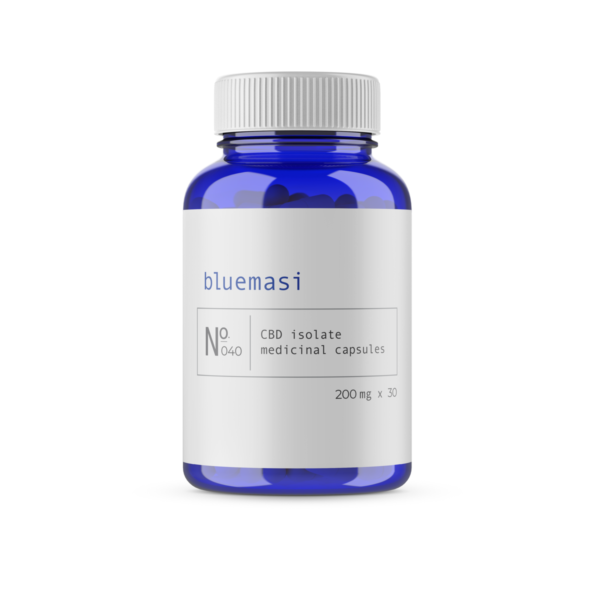Recovery from cancer, and the endocannabinoid system
2023-05-03 2023-05-03 13:03Recovery from cancer, and the endocannabinoid system

Recovery from cancer, and the endocannabinoid system
Surviving cancer is a humbling experience that teaches some valuable lessons. One of the most intriguing lessons I learned during my journey this past year was about the endocannabinoid system – a biological system shared by every mammal on the planet, including us humans.
So, what exactly is the endocannabinoid system responsible for? It produces small proteins known as endocannabinoids, which act as “messengers” between different cells and neurons, transmitting critical signals that relate to our cognitive functions.
While the role of the endocannabinoid system has only recently been discovered, scientific research over the past two decades has made significant progress in understanding how it works. Researchers have identified a link between endocannabinoid system deficiencies and a range of ailments, including epilepsy, PTSD, autism, alcoholism, migraines, irritable bowel syndrome, fibromyalgia, and clinical depression.
Various factors can cause endocannabinoid system deficiencies, but what’s fascinating is what we’ve discovered about helping these deficiencies with “exogenous cannabinoids” (meaning cannabinoids brought in from outside the body).
Research indicates that taking exogenous cannabinoids has therapeutic benefits on various ailments, including those mentioned earlier. Cannabis is a source of exogenous cannabinoids, containing dozens of cannabinoids such as THC and CBD.
Fun fact: we first learned about cannabinoids by researching and understanding the cannabis plant. We then learned about the system of cannabinoid receptors in our bodies, hence its given name of the endocannabinoid system.
During my cancer recovery, I conducted extensive research and used both CBD and THC as medicine to reduce the side effects of radiation and chemotherapy. I also used them as direct “anti-tumour” medicines to combat the tumour in my bowels.
The results of my personal experiments were nothing short of miraculous: a CT scan just 7 months into treatment showed the tumour had disappeared, an MRI confirmed it, and a biopsy of the tissue removed during my “just-in-case” surgery proved that I was cancer-free.
While it is impossible to determine the extent to which radiation and chemotherapy, versus cannabinoids and other supplements, contributed to my recovery, I strongly believe that non-standard treatments played a critical role in my healing process.
In the end, what I learned from my experience is that the endocannabinoid system and exogenous cannabinoids have enormous potential to improve the quality of life for people suffering from a variety of ailments. It’s up to us to explore these possibilities and leverage them for the betterment of human health.
Inspired by my personal journey through cancer and the role cannabinoids played in my recovery, Bluemasi has just released its first medicinal CBD product. This product is much higher dose than the recreational products you’ll find on the shelves in Canada. That’s because the majority of the clinical trials already complete or currently underway use similar safe and tolerable dosages, and this product is designed for those wanting those kinds of therapeutic dosages for the conditions they are trying to improve.
-
 No.040 High Dose CBD Isolate Medicinal Capsules$40.00 – $110.00
No.040 High Dose CBD Isolate Medicinal Capsules$40.00 – $110.00
Credit to ProjectCBD.org and this article which provided a fantastic overview of the research and discovery timeline on this topic.